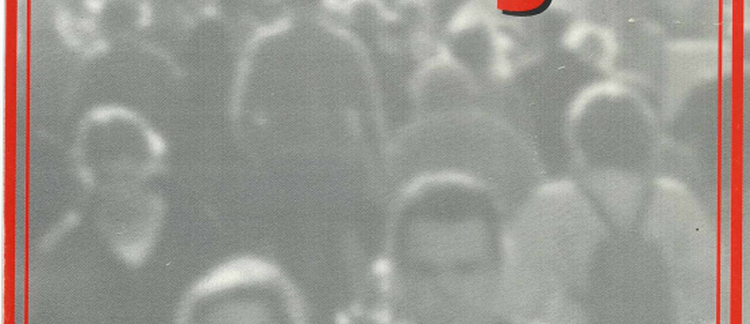Abstract
Ever since Richard Peterson and Albert Simkus (1993) came up with the notion of 'cultural omnivorisation' to describe the process among the younger higher educated of combining legitimate cultural tastes with more popular tastes, the traditional theoretical framework of Pierre Bourdieu (1984 [1979]) has started to erode. Instead of having an exclusive taste for legitimate art forms there now seems to be a fraction within the dominant class that doesn't restrict its cultural consumption to legitimate art forms. In this article we tried to find out whether different cultural participation patterns are discernible within Flemish society. Using the data of the annual APS-survey (Afdeling Planning en Statistiek) from 2000, we found, by means of latent class analyses, six different participation patterns. These could be reduced to three groups of two clusters on the basis of education and age. The same analyses on the APS-dataset of 2001 yielded a similar cluster solution.
How to Cite:
Vander Stichele, A. & Laermans, R., (2004) “Cultuurparticipatie in Vlaanderen: een toetsing van de these van de culturele omnivoor”, Tijdschrift voor Sociologie 25(2), 195–225. doi: https://doi.org/10.21825/sociologos.86606
Downloads:
Download PDF
View
PDF


